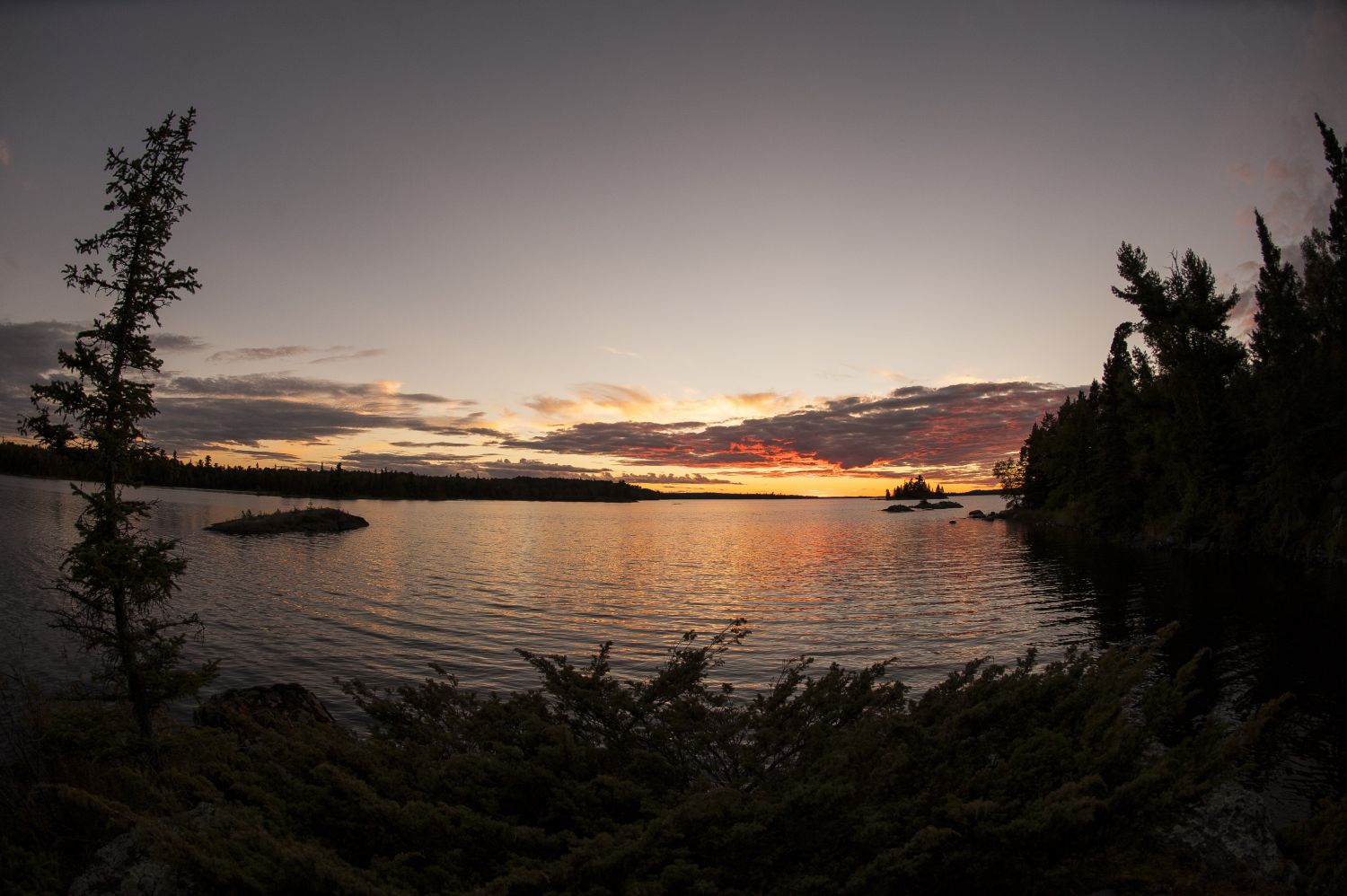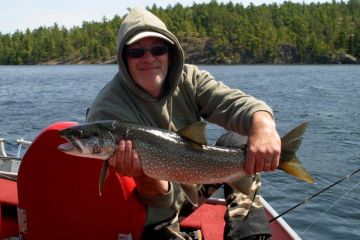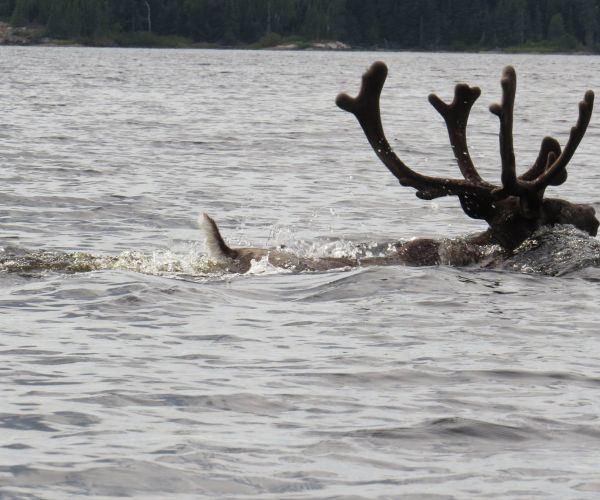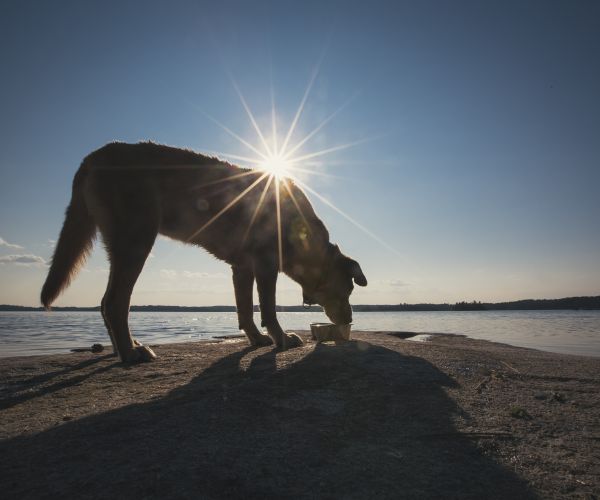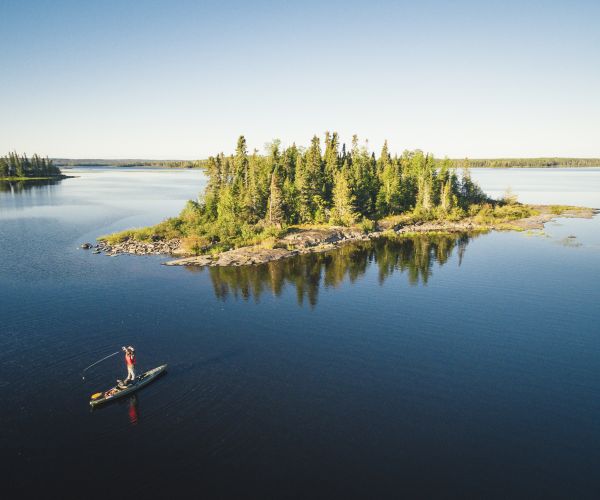It's part of every Canadian's heritage - the wilderness areas where few if any people live - are something that almost all Canadians are proud of. While our country is known best for hockey, it's our wilderness that really defines what it means to be Canadian. With one of the largest, contiguous stretches of Boreal Forest on the planet, we do wilderness right up here! In Sunset Country, of the almost all 100,000 square kilometers our region covers, virtually all of it is Boreal Forest, with its lake-studded landscapes and rugged rock outcrops, we offer some of North America's best destinations for any nature lover. And nowhere else is this wilderness more pristine than in the protected boundaries of our wilderness Provincial Parks.
Discover Untouched Wilderness Landscapes
An Overview of Our Wilderness Parks
This is an overview of the top three wilderness-class Provincial Parks located in the Sunset Country Travel Region. Please note this does not include developed parks such as Blue Lake or Rushing River - they offer a different visitor experience. It also does not cover other, more remote wilderness parks in our region. To learn more about the other parks go here. To learn more about paddling in Ontario go here.
Woodland Caribou Park
A place for paddling would be one way to describe Woodland Caribou Park. With almost 2,000 kilometres of canoe routes, you could canoe or kayak here for years and get only a glimpse of what the park has to offer. Two major river systems - The Bloodvein and Gammon - run through the park and the Bloodvein is also a designated Canadian Heritage River. You won't have a problem finding good campsites along the way either. Most people who access Woodland Caribou do so out of the community of Red Lake.
Fishing in the park is nothing short of spectacular, with lake trout, northern pike, and walleye in large numbers, and some of the lakes even offer bass and muskie. In addition to the fantastic paddling opportunities available, Woodland Caribou Park has several lakes with fly-in outpost cabins for anglers. No canoe is required as you'll access the cabin and your lake by bush plane. Fewer than 1,000 people visit the park each year, so it is truly a "wilderness" park where you can experience the Boreal Forest in its true splendour.
Learn more about Woodland Caribou Provincial Park here.
Connect with the canoe outfitters operating in Woodland Caribou Park here.

Quetico Provincial Park
Located south of the Town of Atikokan and created in 1913, Quetico Provincial Park is one of the oldest in Ontario. Yet, after all these years, the interior still stands the "wilderness" test. At 1.2 million acres, there is a lot of wilderness, too! The park's interior is a visual jewel, with towering white pines, massive cliffs along the waterways and many waterfalls. It is a canoeist paradise, and several capable canoe outfitters can set you up on a trip into the park. There are literally hundreds of available campsites along the many canoe routes, and the fishing is simply out of this world. Catch bass, trout, pike, and walleye anytime of the day and boy, some big fish are swimming in the lakes inside Quetico.
Quetico is more developed than most other wilderness parks. There is a drive-in campground at Dawson Trail, and you can even rent a cabin at the campground year-round. In winter, the cross-country ski trails are beyond fantastic! Quetico borders the Minnesota Boundary Waters Canoe Area in the USA yet offers a more realistic wilderness experience, given that access to Quetico is based on issued permits only. Quetico is staffed and has several special events throughout the year. Apply for your park permit early to avoid disappointment.
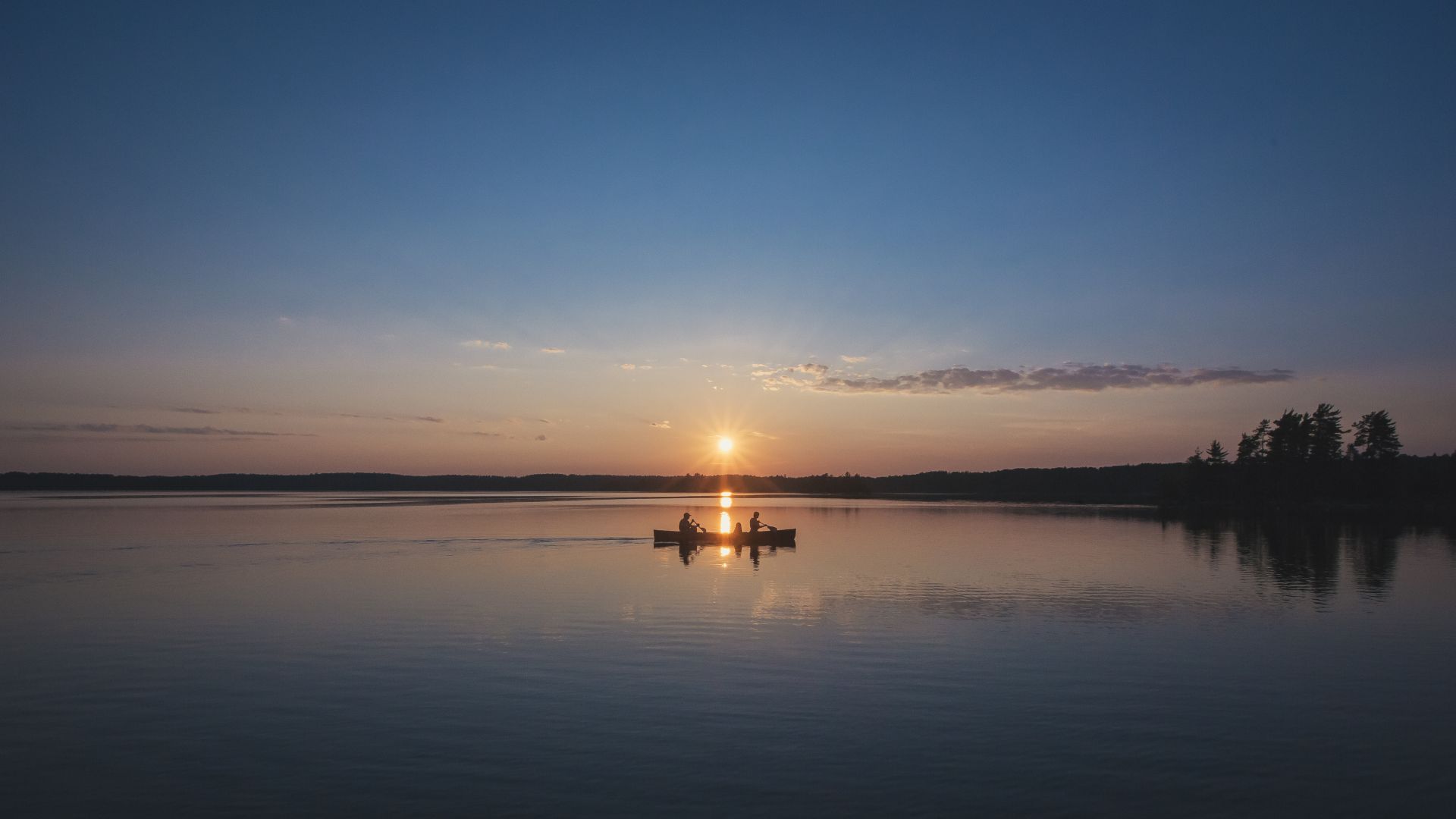
Wabakimi Provincial Park
One of the largest parks in Ontario and Canada, Wabakimi Provincial Park is located NNW of Thunder Bay and just east of Pickle Lake. There's lots of room to roam at 892,000 hectares or 2.2 million acres - including 2,000 kilometres of canoe routes in the park. To give you some idea of how big Wabakimi is, consider that it covers more land area than the States of Delaware and Rhode Island combined and is not much smaller than the State of Connecticut! The park's name, Wabakimi, is derived from the Ojibway words Waubishkaugimi (meaning “whitewater”) or Wabishkkegin (meaning “the sheet is white”). Whitewater Lake is one of the largest in the park and offers spectacular fishing.
Most visitors go into the park on a canoe trip or fly in to stay at several remote lodges and outpost cabins. The fishing for walleye and northern pike is beyond belief, and you have a good chance of landing a monster fish in many of Wabakimi's freshwater lakes. In addition to fishing, hunting is also open during the fall season, with giant moose being the main quarry sought after by hunters. The park is rich in all kinds of wildlife, so any visitor should ensure they have lots of room on their memory card as picture opportunities will present themselves everywhere.
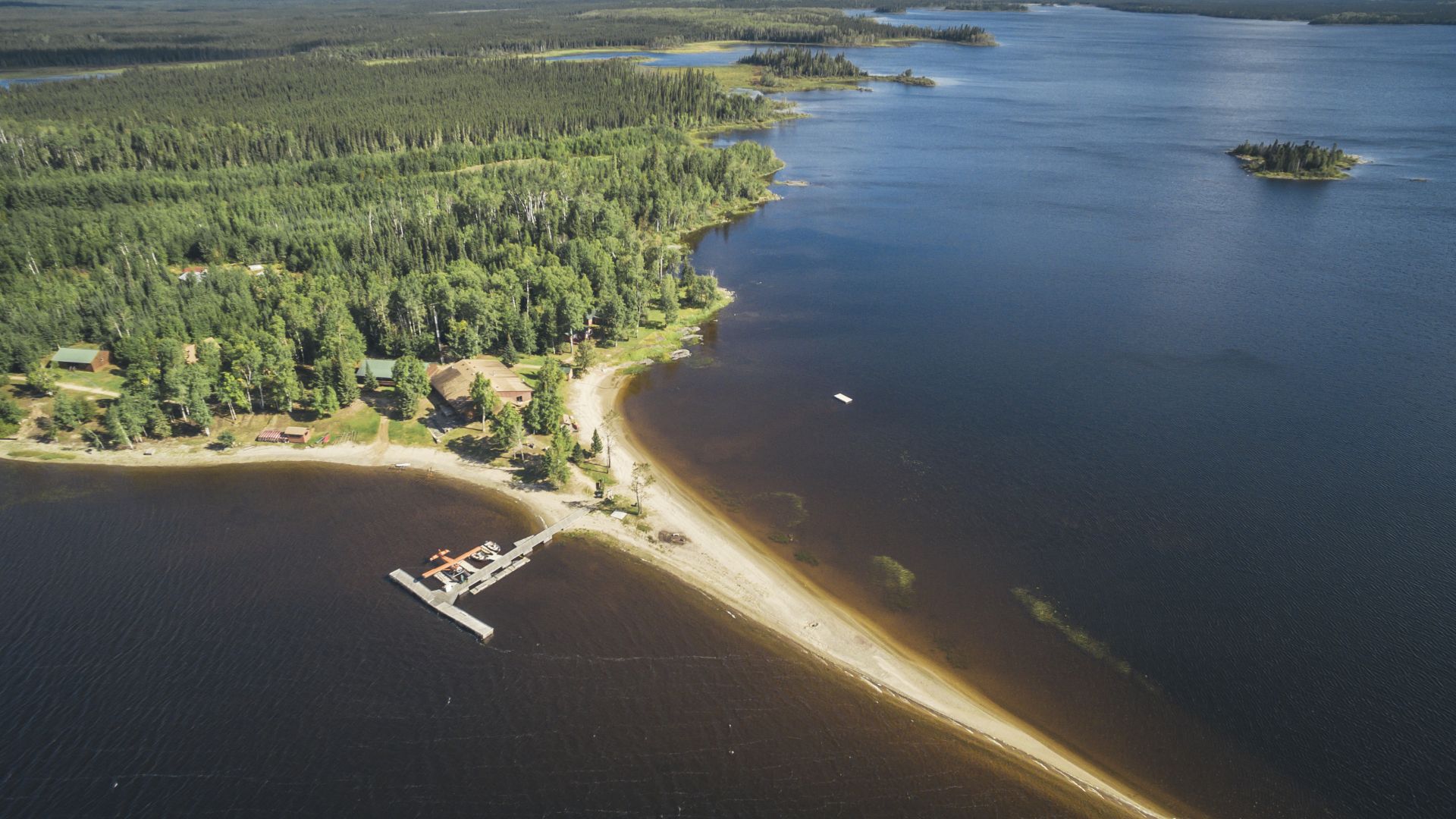
Yours to Discover
This article provided a brief glimpse into only the top three of our dozen wilderness-class parks in the Sunset Country Travel Region. You won't be disappointed if you visit one of these parks or go somewhere else in the region. Paddlers will find a combination of comfortable flat-water sections and some rapids you can run if you're more adventurous. Anglers can access remote outpost cabins or full-service lodges in Woodland Caribou and Wabakimi and some of our other wilderness parks. The fishing is incredible; we guarantee you won't be disappointed!
But for those who love the outdoors and yearn in their hearts to see what it might have looked like "before people arrived", then a trip into one of these jewels is exactly what you're looking for. See woods untouched by logging, lakes fished at most a dozen times per year, and wildlife that seems to be around every bend in the course you're taking - this is an authentic wilderness experience that cannot be easily matched. Again, don't forget your camera; you'll use it much more than you thought.
The wilderness holds answers to more questions than we have yet learned to ask ~Nancy Wynne Newhall~
Resources for Planning Your Wilderness Canoe Trip
Ontario Parks - Official Websites
- Quetico Provincial Park
- Wabakimi Provincial Park
- Woodland Caribou Provincial Park
- Ontario Parks Backcountry Camping Permits
- Backcountry Safety and Etiquette
Outfitters
Satellite Communication Devices

